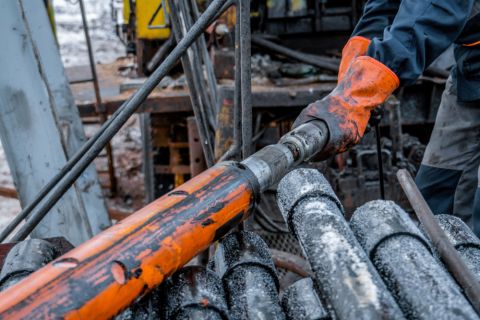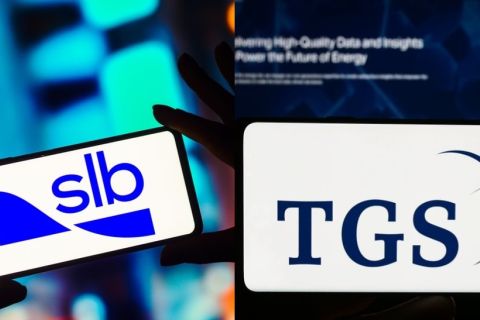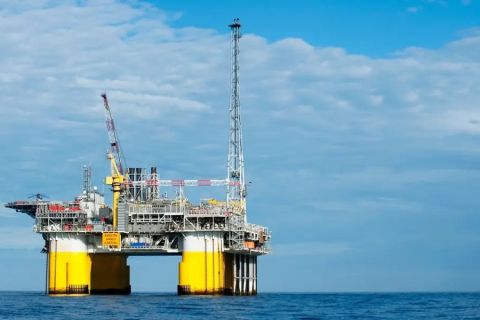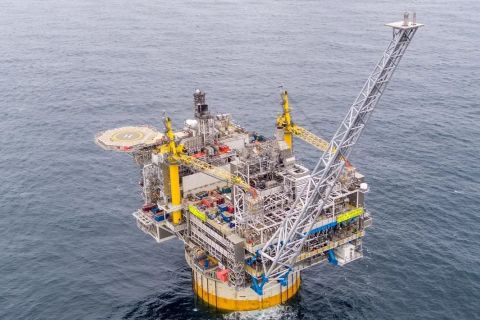Successful shale gas developments are creating over-supply that could have a negative effect on the market. Analyst Jen Snyder, head of North American gas research at Wood Mackenzie, presented this rather bleak picture of the gas market at a recent Houston Energy Forum. The company’s estimates are lower than previous estimates and the current market view. In fact, Snyder warned of a prolonged period of significant weakness. “We expect US natural gas prices to trade in the range of US$5.00 to $6.00/mmbtu for the next five years. We are now in a position of significant potential over-supply brought about by the huge success experienced in the development of shale gas plays. Whilst most commentators are pointing towards prices settling at the marginal cost of the most expensive shale plays, we think this is a mistaken reading of the current and future environment. Simply stated, there is no requirement for the rapid near to mid-term development of some of the more expensive or challenging shales such as the Marcellus or Horn River; the market can be adequately supplied without these volumes. We believe that there are sufficient volumes available at a development break-even price of $5.50 mmbtu or below for the market to balance.” According to Snyder, these conclusions take into account the decline in demand due to a prolonged recession to Q4 2010, new wind and coal-fired capacity coming online to serve power load, and a significant drop in drilling activity arising from the lower prices. The analysts have also factored in the positive impact on break-even costs due to cost reductions associated with this drilling slowdown and continued optimization of drilling solutions in those plays that will continue to be aggressively developed. Snyder also said the potential of outside factors that have not yet been taken into account by the market, pointing to the results of Wood Mackenzie’s Global Gas Optimisation Model, which identifies significant import volumes of LNG over the next few years, despite the recent growth in unconventionals. There are a number of reasons for this, Snyder explained. Existing offtake agreements for some suppliers make diversions from North America unlikely. In addition, other suppliers with flexible LNG will want to avoid jeopardizing long-term contract prices in Europe and Asia through a further weakening of spot prices in these areas. The Qataris, in particular, are likely to direct some of their new volumes to the US market, Snyder said, because the US has a large and liquid market to absorb the volumes and exacts no long-term contract obligations. Stark as this picture is, the news doesn’t end here. According to Snyder, the $5.00 to $6.00 mmbtu valuation is not a floor price. In fact, near term weakness could see prices undershooting this low level. “Our near-term forecast is predicated on a normal winter. While a severe winter could tighten up the market and provide some near-term support, equally a mild winter could exacerbate the current position of over-supply and lead to prices dipping for a short period of time into the $4.00/mmbtu range in the near term,” Snyder said. “We have also assumed that gas demand benefits from a 1.5 bcf/d switch from coal to gas-fired power generation. If this fails to materialize due to collapsing coal prices, this would further add to short-term price weakness.”
Recommended Reading
StimStixx, Hunting Titan Partner on Well Perforation, Acidizing
2024-02-07 - The strategic partnership between StimStixx Technologies and Hunting Titan will increase well treatments and reduce costs, the companies said.
TGS, SLB to Conduct Engagement Phase 5 in GoM
2024-02-05 - TGS and SLB’s seventh program within the joint venture involves the acquisition of 157 Outer Continental Shelf blocks.
2023-2025 Subsea Tieback Round-Up
2024-02-06 - Here's a look at subsea tieback projects across the globe. The first in a two-part series, this report highlights some of the subsea tiebacks scheduled to be online by 2025.
Tech Trends: QYSEA’s Artificially Intelligent Underwater Additions
2024-02-13 - Using their AI underwater image filtering algorithm, the QYSEA AI Diver Tracking allows the FIFISH ROV to identify a diver's movements and conducts real-time automatic analysis.
Subsea Tieback Round-Up, 2026 and Beyond
2024-02-13 - The second in a two-part series, this report on subsea tiebacks looks at some of the projects around the world scheduled to come online in 2026 or later.





